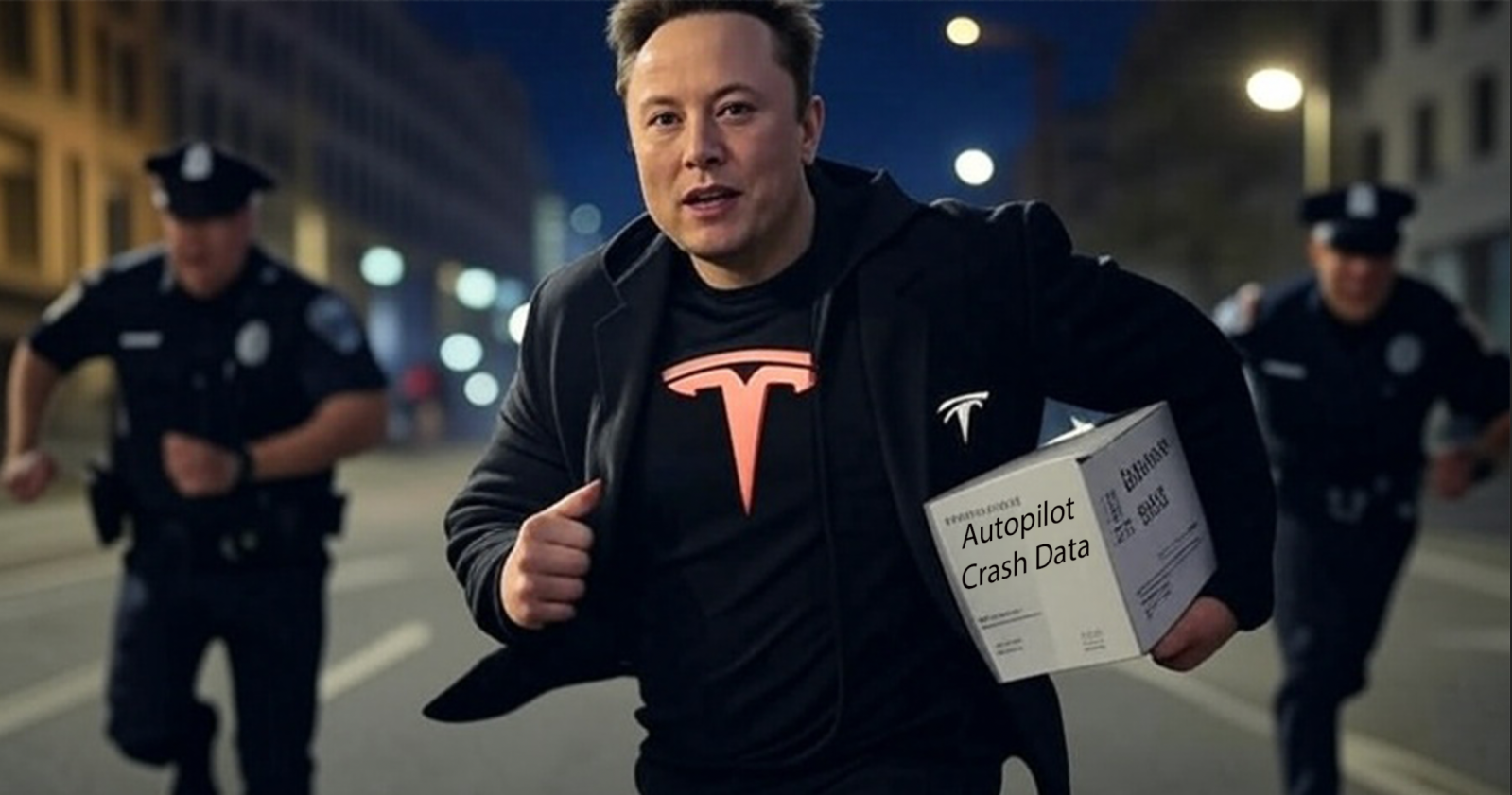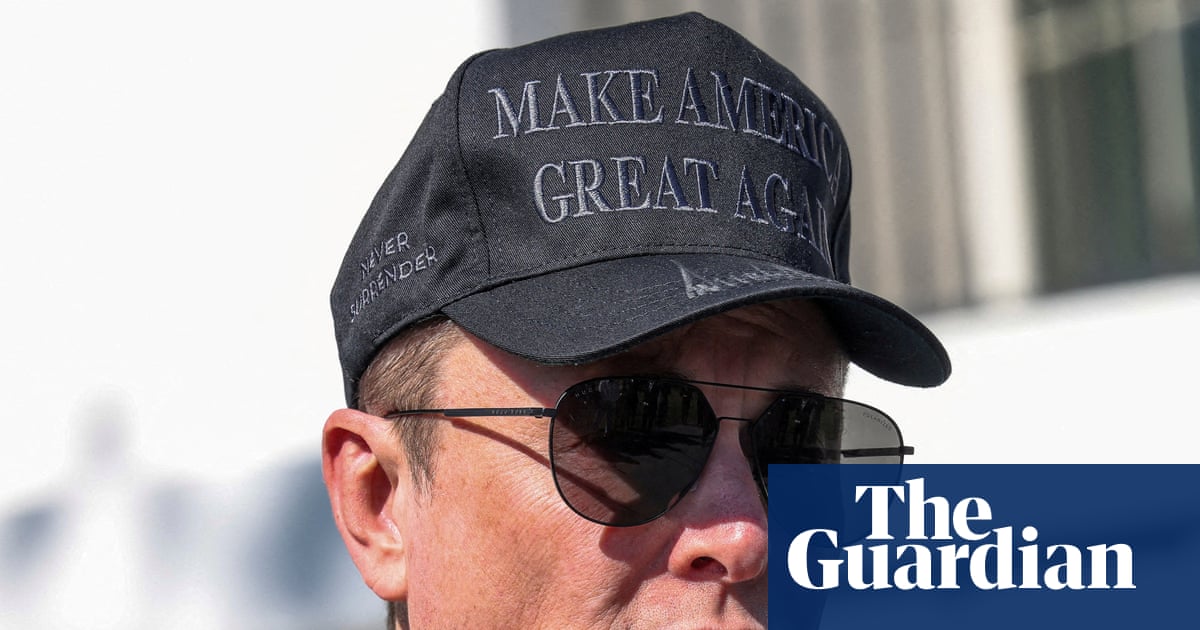After successful defenses during two other trials involving Autopilot-related crashes, Tesla Motors was found partially liable in a 2019 incident that fatally killed one person and seriously injured another. In Miami federal court yesterday, a jury deliberated for mere hours before awarding $243 million to the victims’ families.
Tesla is no stranger to litigation. After all, there’s a dedicated Wikipedia page covering the EV automaker’s extensive list of past and current lawsuits. Following the Miami ruling, however, that archive is growing.
![]()
The jury decision is compelling on multiple levels. Not only is the award a significant amount, but it also suggests that Tesla is not completely absolved from whatever its vehicle technology does or doesn’t do, regardless of driver involvement. Bloomberg reports:
A jury in Miami federal court found Friday that Tesla was 33% to blame for the collision. A Tesla Model S ran a stop sign at a T intersection in the Florida Keys and rammed into the couple’s parked Chevrolet Tahoe while they were standing next to it.
Jurors issued their verdict after less than a day of deliberations following a three-week trial. The jury determined that the Tesla S driver was primarily responsible for the crash and that Tesla should pay $42.5 million to compensate the victims for their losses. The panel also ordered Tesla to pay $200 million in punitive damages, but the company said it expects that figure to be reduced by the court.
The driver of the Model S was also at fault, and acknowledged as much. According to Bloomberg, the man told the court that he had engaged Autopilot while commuting. During that time, he dropped his cellphone while on a call and attempted to retrieve it. When he realized the vehicle had left the roadway, he “jammed on the brakes.” By then, it was too late.
In a separate lawsuit, Bloomberg reports that he reached a “confidential settlement” with the family of the woman who was killed. During this trial, the man testified that he gave Autopilot too much credit with regard to driver assistance. As recounted by the Associated Press, the driver said:
“I trusted the technology too much…I believed that if the car saw something in front of it, it would provide a warning and apply the brakes.”
Because of his admitted negligence, Tesla pins the blame entirely on the driver. The victims’ families said otherwise, accusing the automaker of withholding evidence. Per the AP:
The case also included startling charges by lawyers for the [families]…They claimed Tesla either hid or lost key evidence, including data and video recorded seconds before the accident. Tesla said it made a mistake after being shown the evidence and honestly hadn’t thought it was there…
Tesla has previously faced criticism that it is slow to cough up crucial data by relatives of other victims in Tesla crashes, accusations that the car company has denied. In this case, the plaintiffs showed Tesla had the evidence all along, despite its repeated denials, by hiring a forensic data expert who dug it up.
Additionally, the plaintiffs’ attorney said the Autopilot name itself is deceiving and leads drivers to believe the technology is more capable than it really is. Which is exactly why the driver thought searching for his lost phone wasn’t a big deal.
To its credit, Tesla’s ADAS and other safety technology have improved since the 2019 crash. Yet Tesla remains in the hot seat with NHTSA. The federal agency has opened several investigations against the company, including its self-driving claims and its remote car control feature. These regulatory probes cover millions of vehicles. Tesla plans to appeal the Miami judgment, of course. From Bloomberg:
“Today’s verdict is wrong and only works to set back automotive safety and jeopardize Tesla’s and the entire industry’s efforts to develop and implement life-saving technology,” Tesla said in a statement. “We plan to appeal given the substantial errors of law and irregularities at trial.”
Should Tesla lose its appeal, the automaker doesn’t believe it will actually pay the amount awarded due to previous agreements. The AP reports that the families feel otherwise:
Even if that fails, the company says it will end up paying far less than what the jury decided because of a pre-trial agreement that limits punitive damages to three times Tesla’s compensatory damages. Translation: $172 million, not $243 million. But the plaintiff says their deal was based on a multiple of all compensatory damages, not just Tesla’s, and the figure the jury awarded is the one the company will have to pay.
Money isn’t something Tesla or its CEO is particularly short of these days. If anything were to put a definitive dent in Tesla’s cash pile, however, it could be the failure to regain public trust. Its valuation is based, in large part, on its ability to usher in a new era of driverless cars (e.g., Robotaxi). This is just another concern to mount on top of the federal investigations, lack of transparency, and months-long sales slump.
Top image: Tesla
Source link

